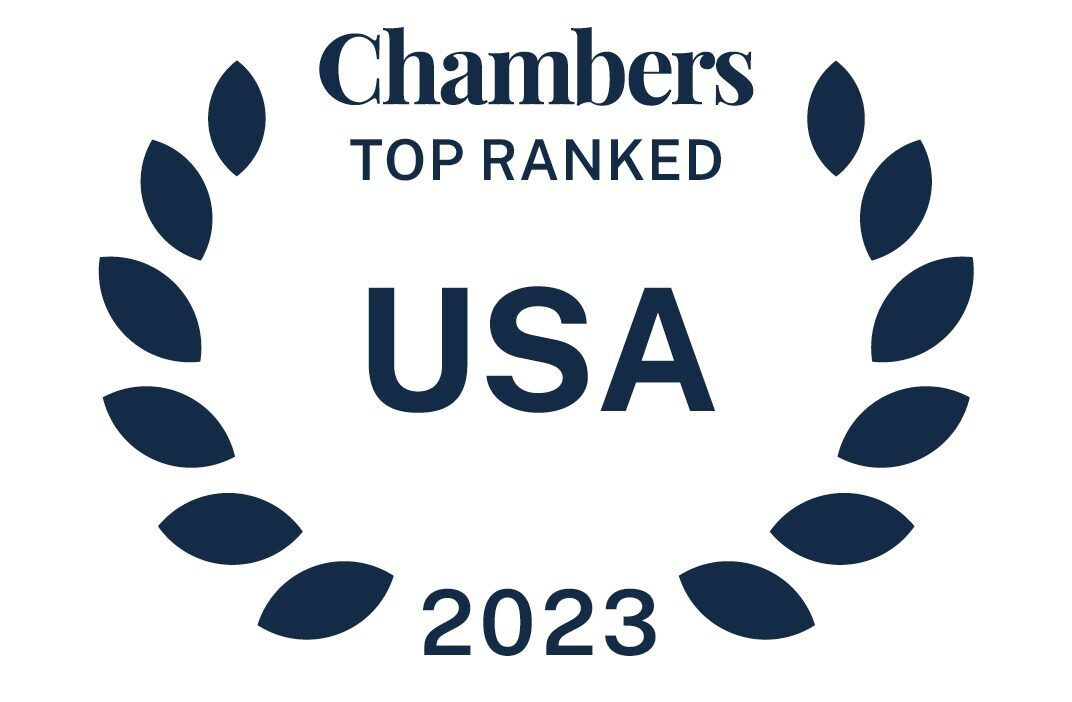Trending in Telehealth highlights state legislative and regulatory developments that impact the healthcare providers, telehealth and digital health companies, pharmacists, and technology companies that deliver and facilitate the delivery of virtual care.
Trending in the past weeks:
- Reimbursement parity
- Provider telehealth education
A CLOSER LOOK
Proposed Legislation & Rulemaking:
- In Ohio, Senate Bill 95 passed both the House and Senate chambers. This bill will allow for remote pharmacy dispensing, as current state law prohibits the dispensing of a dangerous drug by a pharmacist through telehealth or virtual means.
- In Oregon, the Oregon Health Authority, Health Systems Division: Medical Assistance Programs proposed rule amendments to clarify the telehealth rule definitions, including adding cross-references to established definitions in OAR 410-120-0000.
- In New York, the Department of Public Health (DPH) proposed two new amendments to the Medicaid State Plan for non-institutional services:
- To comply with the 2024-2025 enacted budget, DPH proposed a clarification to the March 27, 2024, notice provision regarding provider rates for early intervention services. This clarification includes a decrease to provider rates for early intervention services delivered via telehealth, with rate decreases as high as 20% in some regions.
- DPH also proposed to reimburse Federally Qualified Health Centers and Rural Health Clinics a separate payment in lieu of the prospective payment system rate for non-visit services, such as eConsults and remote patient monitoring.
Finalized Legislation & Rulemaking Activity:
- In Illinois, an amendment to the Illinois Public Aid Code went into effect on January 1, 2025. Passed in June of 2024, Senate Bill 3268 provides that the Department of Human Services will pay negotiated, agreed-upon administrative fees associated with implementing telehealth services for persons with intellectual and developmental disabilities receiving Community Integrated Living Arrangement residential services.
- Also in Illinois, an amendment to the Illinois Physical Therapy Act went into effect January 1, 2025. Passed in August of 2024, House Bill 5087 significantly limits the ability of physical therapists to provide telehealth services to patients in the state. For more information on the effects of this bill, please read our article discussing its implications.
- In Kentucky, Senate Bill 111 went into effect January 1, 2025. This bill requires health benefit plans, limited health service benefit plans, Medicaid and state health plans to provide coverage for speech therapy provided via telehealth.
- Missouri’s emergency rule amendments for virtual visit coverage under the Missouri Consolidated Health Care Plan took effect as of January 1, 2025. For more information on this bill, please see our related article from last month.
- In New Jersey, Assembly Bill 3853 was signed into law by the governor. The legislation extends certain pay parity regarding telemedicine and telehealth until July 1, 2026, meaning that New Jersey health plans shall reimburse telehealth and telemedicine services at the same [...]
Continue Reading
read more


 Subscribe
Subscribe

